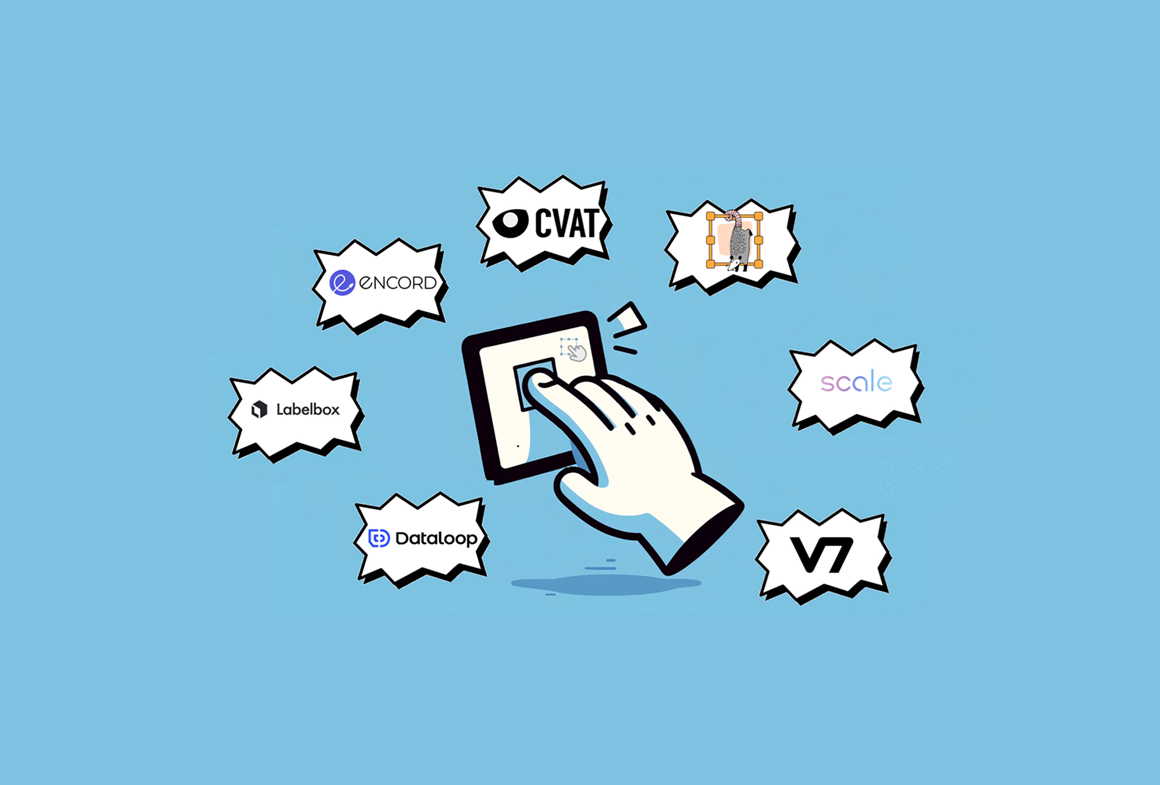What role does AI play in video content creation?

Publishing video content has become a key communication strategy for reaching different audiences. The diversity of video content created using AI, such as generating video from text and transforming textual content into video, is impressive. The incorporation of artificial intelligence (AI) into video production, particularly in video development, enhancement and editing, is becoming increasingly common.
📹 In this article, we discuss how artificial intelligence can be of great importance in transforming the video creation process, improving and developing it.
Understanding AI in video content creation
With AI, a sub-discipline of computer science that focuses on building intelligent systems, the advances in multimedia and video production are obvious. Machine learning, deep learning and computer vision are among the AI technologies now seamlessly integrated into the video content creation process, offering additional possibilities and improved workflows.
The advanced techniques incorporating AI in this field have been revolutionary, helping creators to produce high-quality videos with ease and creativity. AI greatly facilitates video creation, enabling, for example, the transformation of blog posts into videos, the automatic generation of videos from prompts, and the personalization of content with virtual avatars.
AI tools and software for video content creation
Artificial intelligence is now an essential part of today's video production. Using AI video editor makes it possible to quickly create unique, high-quality visual content without complex editing skills. For example, a generator uses machine learning algorithms to speed up the entire editing process, enabling creators to automate actions that would otherwise be time-consuming.
Thanks to AI, platforms can now examine raw footage, offer editing suggestions, or even compile an entire video on their own. What's more, AI techniques can optimize video output, add effects and make transitions between clips without the manual complications of conventional video editing. Generators thus offer the possibility of producing high-quality videos quickly and easily, while leaving creative control to users.
Benefits of AI in video content creation
There are several advantages to using AI in videos. Firstly, it improves the efficiency and speed of video generation. AI can take care of mundane, repetitive tasks, allowing creators to concentrate on the most essential and innovative aspects of videos.
In addition, creativity is enhanced by new ideas and effects that are impossible to achieve manually. Another advantage is cost reduction, as the use of AI minimizes the need for large workforces and expensive equipment. AI also makes it possible to generate content more closely aligned with the needs of target segments, thereby increasing audience attention and engagement.
AI applications in video content creation
AI applications in video content creation are many and varied, exploiting artificial intelligence to generate, edit and personalize videos. Technical improvements in editing and post-production procedures can lead to greater efficiency and consistent results.
Artificial intelligence also enables the transformation of text into video, the creation of personalized videos, automatic transcription, and much more. New opportunities are opening up for the use of AI in video animation and special effects, as well as in scriptwriting and storyboarding, part of the pre-production phase.
Videosummarization and highlight extraction are useful for creating short, interesting clips from longer videos. Dubbing and voice-overs use AI text-to-speech to guarantee voice-overs in natural languages. Automatic subtitles and captions enhance the viewer experience.
De plus, les applications de montage vidéo alimentées par l’intelligence artificielle ont rendu la création de vidéos accessible à un public plus large, permettant aux utilisateurs de monter et d’améliorer leurs vidéos directement depuis leurs appareils mobiles avec des interfaces intuitives et conviviales.
Case studies and examples
Many industries have embraced AI in their video content creation process and integrated it. However, it's crucial to stress that human expertise remains indispensable in video creation projects, bringing irreplaceable creativity and artistry.
In the entertainment industry, AI has helped produce realistic visual effects, and has also facilitated post-production of films and TV shows, making production faster and more efficient.
In marketing, AI is used to produce videos for marketing agencies that are directly relevant to the target market, while in the educational sector, instructional videos for learners are created using artificial intelligence tools.
💡These examples show just how far AI has come in recent years, as well as its ability to transform video creation in a variety of sectors!
Challenges and limits
However, the use of AI in video content production has its drawbacks, despite the associated advantages. Limitations include the ethical impact of creating false information, and privacy issues arising from the use of artificial intelligence.
Another problem is guaranteeing the accuracy and reliability of the content of AI-generated videos; there's also the issue of the large datasets required and the complex algorithms used. The power of AI algorithms makes it possible to create high-quality videos quickly and easily, but it can also lead to errors if the data is not properly managed.
Moreover, the application of AI in this field is likely to create job losses; thus, a combined approach between AI algorithms and human authority is desirable to improve quality standards while observing best practices in this industry.
Future trends and developments
Advances in artificial intelligence in video content production are set to grow in the future, bringing more innovations. AI technology is also crucial to the creation of videos suitable for social networks, making it possible to add subtitles for soundless viewing and use AI features for professional rendering.
AI technology is likely to generate simpler, easier-to-use tools, making video creation accessible to more people. Expectations are being raised for the future of the industry regarding the use of AI for real-time video editing and live content production.
Thus, AI's influence in defining the strategic development of video content will only grow in the future, as the potential of AI in the industry is vast, especially for improving SEO and online presence.
Conclusion
There's no doubt that the use of AI in video content creation has solved many problems and provided an immeasurable amount of tools and technologies to improve efficiency, creativity and quality. AI has the ability to transform text into video, opening up new possibilities for content creators.
Consequently, the advancement of AI will continue to reveal its influence on the video industry and create a revolution in efficient video processing. Ignoring the advantages of AI while considering its disadvantages will be equally important in exploiting the opportunities and defining the prospects for AI-powered video content production.
Other resources :
- How to create AI videos: 🔗 https://www.synthesia.io/fr/post/comment-creer-des-videos-ia
- Guide to the best IA mounting tools: 🔗 https://montage-video-ia.fr/
- Link to Open AI SORA: 🔗 https://openai.com/sora/


-hand-innv.png)



